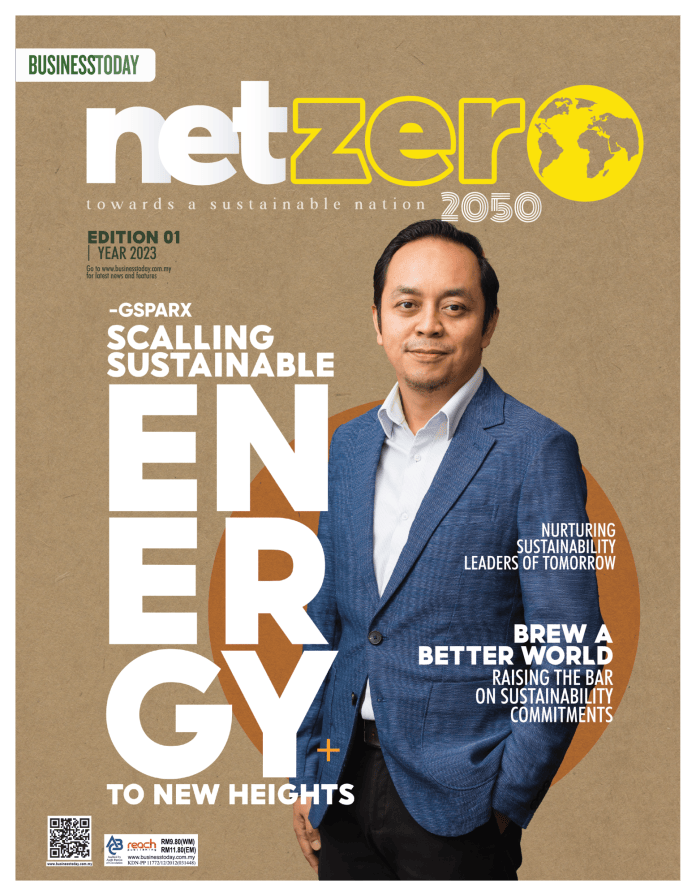Life, as we know it, may perish sooner than we think.
We cannot maintain our Earth’s ecosystems or continue to function as we do if more sustainable choices are not made. If harmful processes are maintained with no change, it is likely that we will run out of fossil fuels, huge numbers of animal species will become extinct, and the atmosphere will be irreparably damaged. Clean air and nontoxic atmospheric conditions, growth of resources that can be relied upon, and water quality and cleanliness, are all benefits of sustainability.
Sustainability is the ability to exist and develop without depleting natural resources for the future. The Sustainable Development Goals aim to improve access to resources and services, reduce environmental degradation, eradicate poverty and reduce inequality.
Amid growing food and energy crises, an uncertain global economic outlook, and the escalating impacts of climate change, the UN has said that a sustainable industrial transformation is needed to close the widening development gap between countries, meet climate targets and achieve the Sustainable Development Goals.
Without the means to invest in sustainable development and transform the global energy and food systems, developing countries are falling even further behind. A two-track world of haves and have-nots holds clear and obvious dangers for every country. We urgently need to rebuild global cooperation and find the solutions to our current crises in multilateral action.
The UN 2023 Financing for Sustainable Development Report: Financing Sustainable Transformations says, this year, the energy crisis caused by the war in Ukraine has spurred investment in global energy transition, which skyrocketed in 2022 to a record $1.1 trillion. Energy transition investments surpassed fossil fuel system investments for the first time in 2022, but these are almost all in China and developed countries.
Most developing countries do not have the resources for investment, unlike their developed counterparts. Climate change, Russia’s invasion of Ukraine, the COVID-19 pandemic, and debt payments up to two times higher than in 2019 have combined to put massive fiscal pressures on most developing countries.
This limits their ability to invest in sustainable transformation.
In Malaysia, a bigger allocation of RM6.53 billion under Budget 2023 to the Natural Resources, Environment and Climate Change Ministry (NRECC) gives more room for development of environmental sustainability programmes, to help promote green practices, protect the country’s natural treasures and create an efficient and comprehensive disaster management system. It also proved that the federal government emphasises the green agenda and wanted to provide quality and comprehensive infrastructure for the people.
The call now is for a consistent commitment to drive a sustainable, inclusive and balanced economic growth that meet the needs of every stakeholder, in addition to reforming institutions and governance to restore investor confidence.
We all have a part to play.









